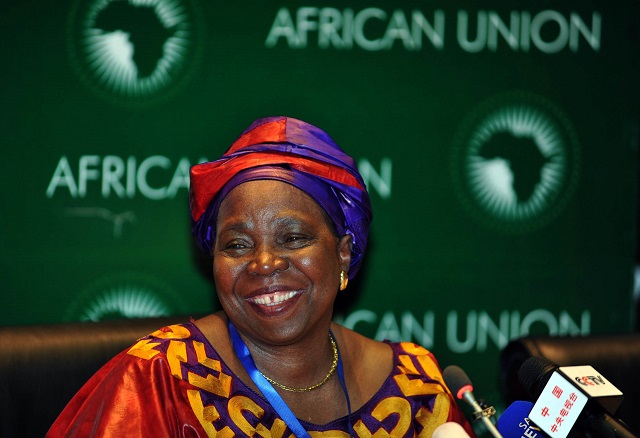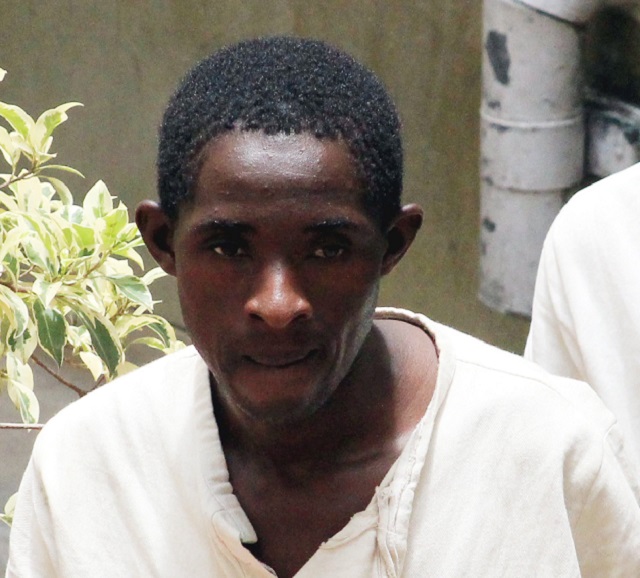African Union cleaning house with reforms aplenty

Johannesburg — Future chairpersons of the African Union (AU) Commission will be able to appoint their own team of commissioners under sweeping reforms planned for the body to help them push their programmes more effectively.
As part of the reforms, the AU will narrow its focus to political affairs, peace and security and economic integration, and heads of state will be limited to discussing three important agenda items at each summit.
A staffer who worked closely with outgoing chairperson Nkosazana Dlamini-Zuma said she would have been more effective if she had had her own team of commissioners.
“It should be the same as a president appointing their own ministers to work with,” he said in response to criticism by some heads of state that she didn’t do a proper job as chairperson.
During the recent election of Moussa Faki Mahamat to succeed Dlamini-Zuma, 15 states abstained in the final round of voting, where he was the only candidate. The round did, however, secure him the required two-thirds of the vote. Before the election of Dlamini-Zuma in 2012, the top job was always filled by consensus.
Yann Bedzigue from the Institute of Security Studies said the fact that Mahamat was now responsible for the implementation of the reforms could make it difficult, because he would have to “work against some of its bureaucracy” at the same time as trying to build his authority over it.
Other reforms include that heads of state who cannot make it to summits be represented at least by the deputy president or prime minister.
Rwanda’s President Paul Kagame, who is in charge of the reforms programme, told heads of state “there was a case [at a previous summit] where the president is not there, nor the prime minister, ministers, ambassador, then it has gone to secretaries of the embassy, and so forth. “I don’t think this is appropriate.”
States could also be sanctioned more strictly in future by being barred from AU summits should they not stick to summit decisions.
Under further reforms, two brainchildren of former president Thabo Mbeki — the African Peer Review Mechanism (APRM) and the New Partnership for Africa’s Development (Nepad) — will be strengthened.
Nepad will be integrated into the AU as its development agency, while the APRM’s scope will be widened from African governments assessing one anothers’ performance to also making sure the AU’s Agenda 2063 and the UN’s Sustainable Development Goals are implemented.
APRM secretariat CEO Eddy Maloka, who was appointed a year ago, said this showed the AU had confidence in the APRM.
The institution, which was founded in 2002, appears to have been revived recently after a few years of doing no country assessments.
Financial reforms aimed at reducing the continental body’s reliance on foreign funding by getting countries to impose a 0.2 percent levy on imports from outside the continent will also be introduced.
In 2016, less than half of the 55 member states paid their dues, with donors providing 73 percent of the total budget of $782m (R10.3bn). Under the proposed reforms, this contribution will drop to 33 percent.
The reforms were adopted at the 28th AU summit that ended on Tuesday.
— AFP










Comments